Advertisement
It’s actually possible to do!

What is it about the word “no” that makes it so hard to say? It’s a simple, one-syllable word. And yet, despite your best intentions, when you try to say “no,” you utter “yes” instead. But saying yes to everything isn’t realistic — or healthy.
Advertisement
Cleveland Clinic is a non-profit academic medical center. Advertising on our site helps support our mission. We do not endorse non-Cleveland Clinic products or services. Policy
Psychologist Scott Bea, PsyD, offers insight into why it’s so hard to just say no, plus tips for how to stay less stressed by saying yes less often.
“The human brain likes the feeling of closure: People often strive for the feeling that everything is right and finished,” explains Dr. Bea. “Often, people work late, only to stay even later when a new email comes. They want to tend to it so their inbox is clear the next day.”
Other reasons people tend to say yes too often:
“There’s a lack of balance in our lives when we do too much,” says Dr. Bea. “Overdoing anything — whether working, eating or exercising — can have painful consequences.”
Those consequences could include:
Pinpointing when saying yes will have painful consequences isn’t always easy.
“Think about it as carrying a set of logs in your arms,” says Dr. Bea. “There’s going to be one log too many at some point, and they will start falling to the ground. Try to notice if tasks are falling off your radar or if you’re missing deadlines. That’s a clear sign you’re overdoing it and need to take a step back.”
As Dr. Bea explains, “Saying no is not a well-developed skill. We generally have long histories of complying with authority figures — parents, teachers, religious leaders — so, we don’t come to adulthood with much experience. Growing up, we were rewarded for compliance and experienced negative consequences when we didn’t perform a task.”
If saying no to your boss sends a shiver down your spine, that’s natural. But it’s essential to accept the discomfort that comes with saying no. Dr. Bea offers these tips for making it easier:
Advertisement
Sometimes, we say yes but mean no. We might do this to stall the negative consequences we think might occur if we refuse. “Some people want that immediate tension reduction,” says Dr. Bea.
But saying yes when you have no intention of following through could create worse consequences than if you’d said no from the get-go. “The person you said yes to will likely feel betrayed and let down when you don’t come through,” warns Dr. Bea. “They will regard you differently and the impact will be longer lasting than if you’d been direct in the first place.”
So say no with confidence and remember: Practice makes perfect.
Advertisement
Learn more about our editorial process.
Advertisement

While walking, be mindful of your body, your mind, your place in the world and all five of your senses as you pave a path forward, one step at a time

Stress and unhealthy habits can lead to more colds, but taking some precautions may help you stay well

A healthy amount of anxiety can keep you safe from harm and motivate you to take action
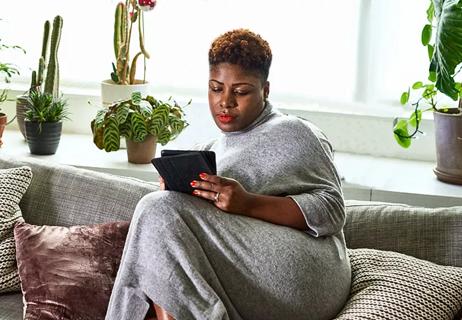
Enter relaxation mode by managing your breathing, releasing muscle tension and practicing mindfulness
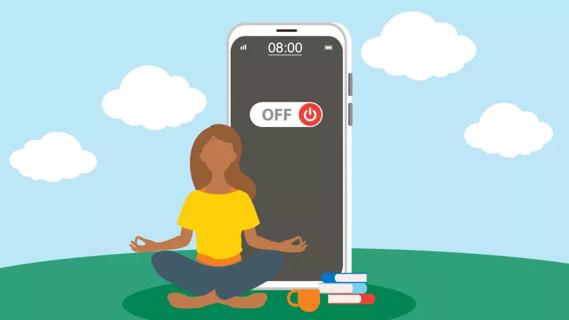
Identify your triggers, set ground rules for your break and start practicing mindfulness
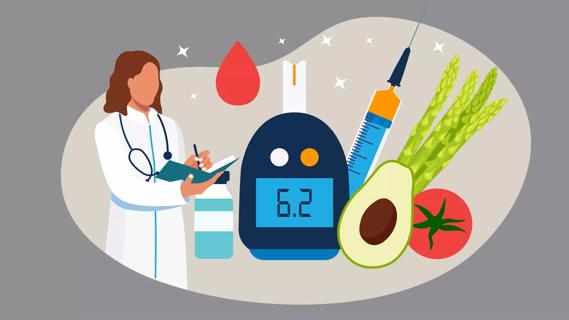
A diabetes diagnosis, new or long-standing, can trigger reactions like grief, stress, depression and frustration, but symptom relief and help are available
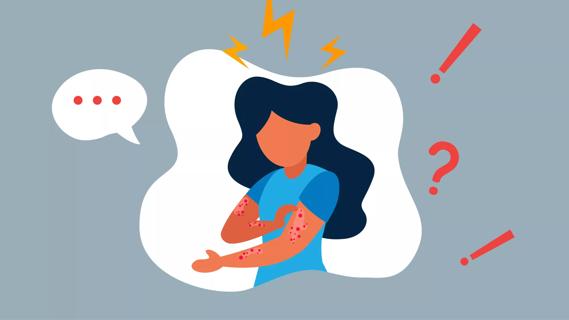
Your body’s natural response to stress can lead to painful skin irritation
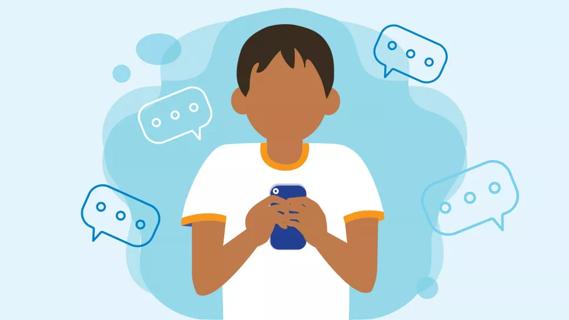
Too much screen time and unrealistic expectations and perceptions and can lead to an increased risk of anxiety and depression

Focus on your body’s metabolic set point by eating healthy foods, making exercise a part of your routine and reducing stress

PFAS chemicals may make life easier — but they aren’t always so easy on the human body

While there’s little risk in trying this hair care treatment, there isn’t much science to back up the claims